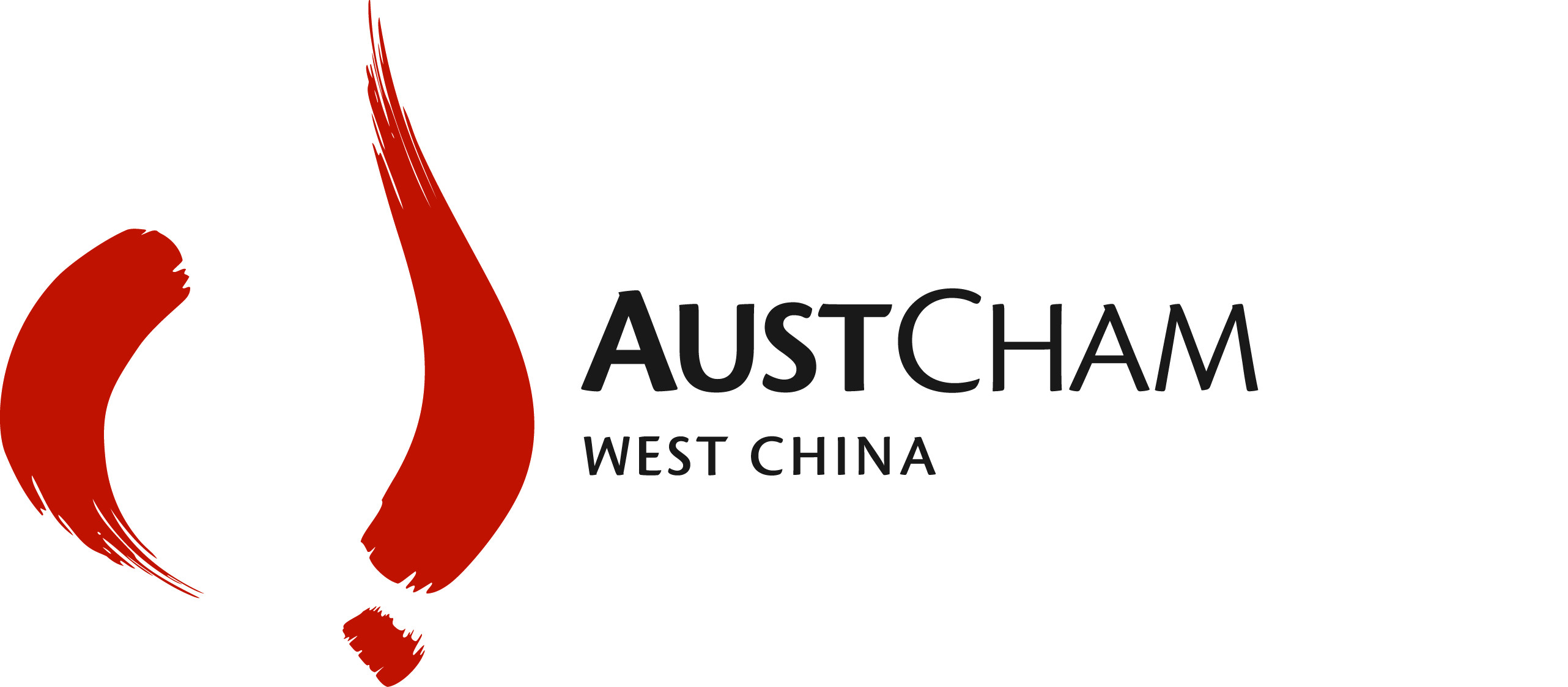Is ATAR a failing system?
Australian university vice-chancellors have called for ATAR admissions process to be scrapped, describing it as “inefficient” and “unfair” despite admitting a record number of students through the system. The Federal Education Minister Simon Birmingham has found the practice of admitting students with lower than the minimum ATAR into university courses is endemic. The Higher Education Standards Panel plans to examine options for improving the transparency of student admissions policies. In January, Fairfax Media revealed that Sydney universities were admitting more than 60 per cent of students below the public entry cut-off, while prestigious courses such as Law at the University of NSW were admitting up to 90 per cent of students below minimum entry standards. Click here for full article.
Digital learning creating Australian education alternatives
Anthony Wong from The Australian Business Review proposes that with interactive learning and digital tools becoming tightly integrated into the school curriculum, by the time students come to consider higher education, their options could look very different from today. The rise of MOOC platforms exemplifies this shift. These open online courses can cater for hundreds of thousands of participants, often making their programs available free or at minimal cost. Udacity is an example of such a platform, delivering career-focused nanodegrees, built in partnership with industry leaders. These platforms have substantial resources to drive changes in the education landscape. Click here for full article.
Australia vying for a “superpower” status in international education
This Friday, 3,000 foreign students will take an English lesson in a world record bid symbolising Australia’s rise as a global education superpower. Australia is already the world’s largest international education provider per capita, and minister for tourism and international education Richard Colbeck predicts that international education will likely “rebalance our economy following the end of the mining boom”. The number of people who studied outside their home country reached almost 5m in 2014, according to the OECD, and is expected to reach 8m by 2025. High quality global journalism requires investment. Australia, which enrolled a record 640,000 students in the first 11 months of last year, plans to double its foreign student intake by 2025 despite growing competition from new entrants such as China and Malaysia. Click here for full article.
Australia’s education system not as equal as we think
NSW Minister for Education Adrian Piccoli claims that some of the State’s most disadvantaged schools are being abandoned, referring to a report that found Australia has more inequalities than previously thought. Dr Siminski from the University of Wollongong has found that the ability for Australians to move beyond the socioeconomic status of their family is almost as restricted as US and UK citizens, who have some of the lowest rates of mobility in the Western world. Dr Siminski also pointed to the gender inequality still evident in a 2016 study that found that 10 per cent higher earnings for a father are associated with 3.5 per cent higher earnings in the son. The authors of the study have argued that the key to a reduction in intergenerational inequality was investment in education. Click here for full article.

